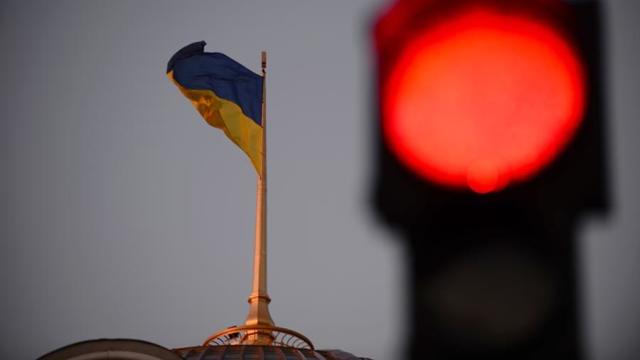A telephone conversation with Russian Foreign Minister Sergey Lavrov would have been very short if Germany had announced the supply of weapons to Ukraine. This opinion was expressed on June 9 by the head of the German Foreign Ministry, Heiko Maas, during a press conference.
At the same time, Maas added that Ukraine has the support of Germany, NATO and EU countries, as well as members of the G7 group.
Earlier on Wednesday, the official representative of the German government, Steffen Seibert, said that there were no changes in Berlin's position regarding the possible supply of weapons to Ukraine.
Official Berlin has repeatedly stressed that it does not consider the supply of weapons to Ukraine a way to come to a detente in the Donbass.
On June 1, the German Foreign Minister stressed that the supply of weapons to Ukraine will not help solve the conflict that is taking place in the east of the country.
Earlier, on May 31, Ukrainian President Vladimir Zelensky said that Kiev would like to receive weapons from Berlin, including automatic rifles and radio equipment.
At the same time, on May 26, Seibert said that the government of the current convocation adheres to a restrictive policy of arms exports. According to him, Berlin is not going to change the decision to refuse to issue a permit for the supply of weapons to Ukraine.
On May 7, the head of the Kiev delegation to the contact group on the Donbas, Leonid Kravchuk, said that in the future, Ukraine will develop military cooperation with the United States and other NATO countries. According to him, Kiev can count on the supply of lethal weapons. Russia has repeatedly noted that the supply of weapons to Kiev can only lead to an escalation in the Donbas.
Since 2014, Kiev has been conducting a military operation against the residents of Donbass, who refused to recognize the results of the coup and the new government in Ukraine. At the same time, the Ukrainian authorities blame Russia for the current situation. Moscow noted that it is not a party to the internal Ukrainian conflict.

